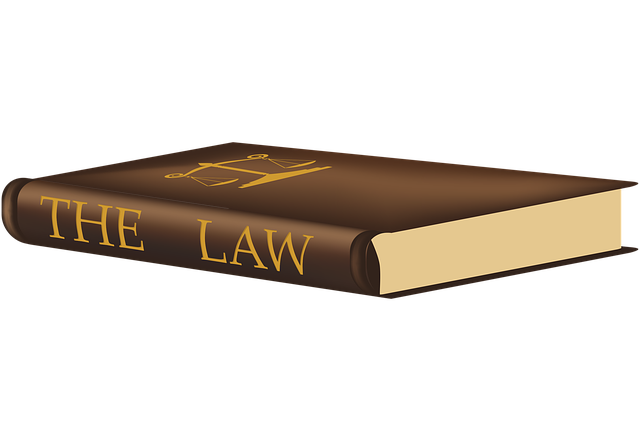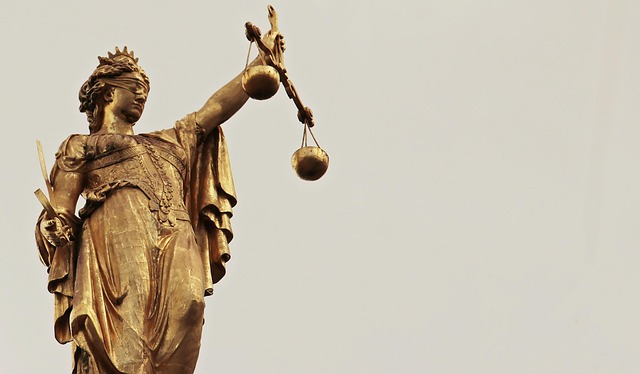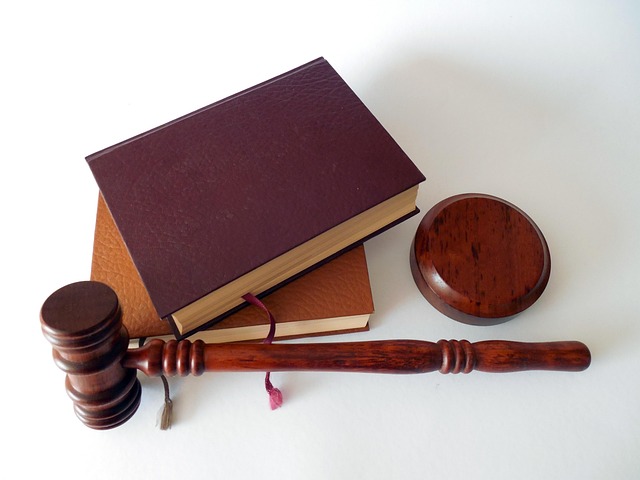Antitrust laws guard fair markets by preventing businesses from restricting competition. Understanding these laws through the lens of the Administrative Hearings Process Guide is crucial for corporate defense against white-collar crimes. Agencies investigate potential violations through document requests, interviews, and market analysis. Administrative hearings offer a fair process for resolving antitrust cases, promoting due process rights and objective decision-making. Effective defense strategies leverage documentation and discovery guided by this guide to challenge allegations. Serious consequences for proven violations include fines and structural remedies, emphasizing the importance of legal representation in navigating complex regulatory scenarios.
“Antitrust violation cases pose significant challenges for businesses, highlighting the importance of understanding and adhering to competition laws. This comprehensive guide explores the intricate world of antitrust enforcement, from the basics of antitrust laws to the consequences of proven violations. We delve into the crucial role of government agencies, the administrative hearings process, and effective defense strategies.
Whether you’re a business owner or legal professional, this article offers an invaluable resource, providing insights into navigating the complex landscape of antitrust regulations, particularly in the context of the Administrative Hearings Process Guide.”
- Understanding Antitrust Laws and Their Enforcement
- The Role of Government Agencies in Investigating Violations
- Administrative Hearings: Procedures and Fairness
- Common Strategies for Defending Against Charges
- Impact and Consequences of Proven Antitrust Violations
Understanding Antitrust Laws and Their Enforcement

Antitrust laws are designed to maintain a fair and competitive marketplace by prohibiting business practices that restrict trade or suppress competition. These laws ensure that companies operate within ethical boundaries, promoting a level playing field for all participants in the economy. The enforcement of antitrust regulations involves a complex administrative hearings process guide, where government agencies investigate potential violations and take appropriate actions.
Understanding the legal framework behind these laws is crucial for businesses to avoid indictment for white collar and economic crimes, which often fall under general criminal defense strategies. Companies must be vigilant in adhering to antitrust guidelines to prevent costly legal repercussions. By staying informed about their rights and responsibilities, businesses can effectively navigate the regulatory landscape and safeguard themselves from potential prosecution.
The Role of Government Agencies in Investigating Violations
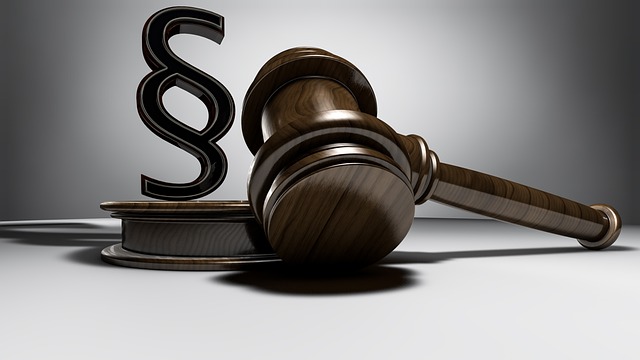
Government agencies play a pivotal role in investigating antitrust violation cases, ensuring fair competition within markets. These agencies are tasked with examining corporate behavior, reviewing business practices, and gathering evidence to determine if any laws have been breached. The process often begins when an agency receives a complaint or identifies potential violations through its own research. They then initiate an investigation, which may involve soliciting documents, conducting interviews, and analyzing market data.
The Administrative Hearings Process Guide is a crucial resource for both corporate and individual clients facing such investigations. It outlines the steps and procedures that these agencies follow during their inquiries, ensuring transparency and fairness. By understanding this process, businesses can better navigate potential antitrust issues, aiming to avoid indictment while upholding ethical business practices.
Administrative Hearings: Procedures and Fairness
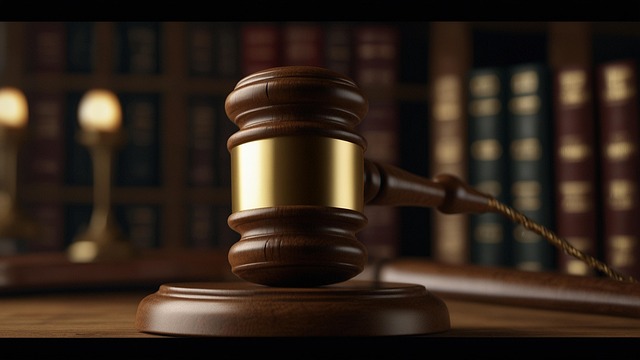
Administrative hearings play a crucial role in the process of addressing antitrust violation cases. These hearings serve as an alternative to traditional jury trials, providing a forum for both the accused and regulatory bodies to present their arguments and evidence. The process is designed to be comprehensive, allowing for a thorough examination of the facts and legal merits of the case.
Ensuring fairness is a core principle in administrative hearings across the country. This involves strict adherence to due process rights, including the right to legal representation, cross-examination of witnesses, and presentation of evidence. The hearing officers, often experts in antitrust law, are impartial and follow established guidelines to maintain objectivity. This structured approach, free from the emotional aspects of jury trials, facilitates a rational decision-making process. As a result, these hearings offer a balanced platform for both sides, ultimately contributing to fair outcomes in complex white collar and economic crimes cases.
Common Strategies for Defending Against Charges
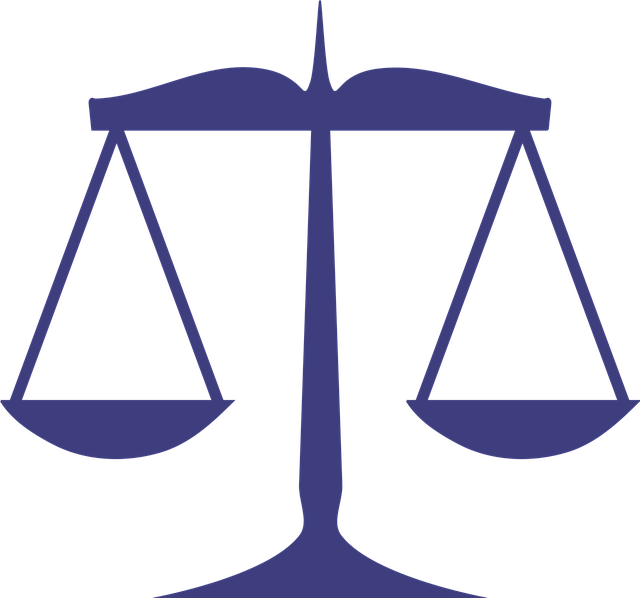
Facing antitrust violation charges can be a complex and daunting task for businesses. However, there are several common strategies that defendants employ to defend themselves during this process. One effective approach is to thoroughly investigate and document all business practices and decisions, ensuring transparency and compliance with relevant laws. This includes gathering evidence, witness statements, and expert opinions to challenge the allegations.
Another powerful strategy involves engaging in an aggressive yet strategic discovery process. This administrative hearings process guide helps defendants uncover weaknesses in the plaintiff’s case, identify loopholes, and potentially find mitigating factors. By navigating the high-stakes cases across the country through this meticulous process, businesses can achieve extraordinary results by either disproving the accusations or negotiating favorable settlements.
Impact and Consequences of Proven Antitrust Violations
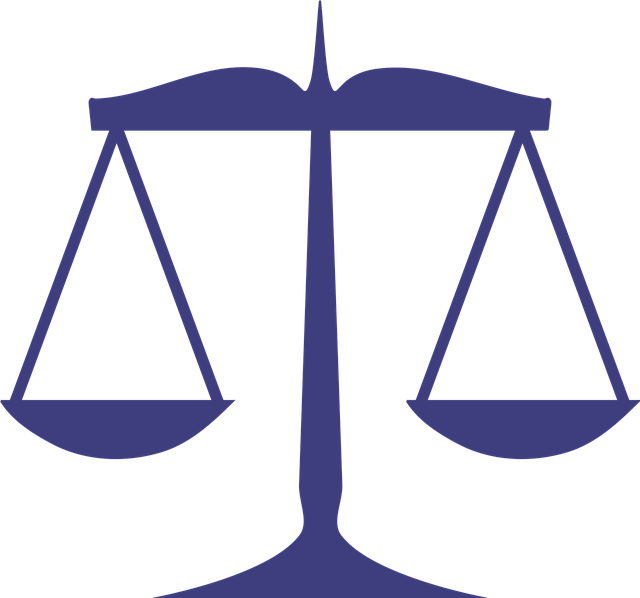
Proven antitrust violations can have far-reaching impacts on businesses and industries involved, as well as significant consequences for the companies found guilty. These cases often lead to substantial monetary fines, which can cripple smaller entities or significantly impact the financial health of larger corporations. Moreover, they may result in structural remedies, such as the dismantling of monopolies or the breaking up of large corporations into smaller, more competitive units. The Administrative Hearings Process Guide plays a crucial role in ensuring fairness during these legal battles, providing a structured framework for presenting evidence and arguments to determine liability and appropriate sanctions.
In many cases, successful challenging defense verdicts have been achieved across the country, showcasing the intricate work of legal professionals specializing in white-collar and economic crimes. These victories highlight the importance of robust legal representation and strategic navigation through complex regulatory landscapes. As antitrust laws are designed to promote fair competition and protect consumers, the consequences of violations serve as a powerful deterrent for companies engaging in anti-competitive practices, fostering a healthier business environment for all participants.
The complex landscape of antitrust violations demands a thorough understanding of both legal frameworks and the processes involved in their enforcement. From initial investigations by government agencies to the administrative hearings process, each step plays a crucial role in ensuring fair competition. By familiarizing themselves with common defense strategies, businesses can proactively navigate these challenges. Ultimately, the impact and consequences of proven antitrust violations underscore the significance of adhering to legal guidelines, making the Administrative Hearings Process Guide an invaluable resource for all stakeholders involved.

